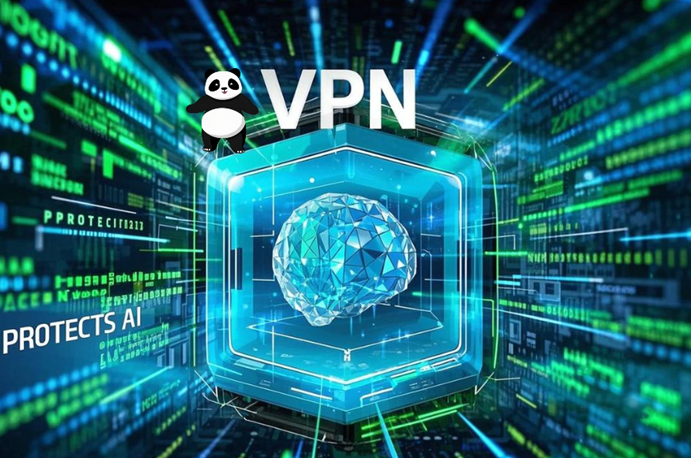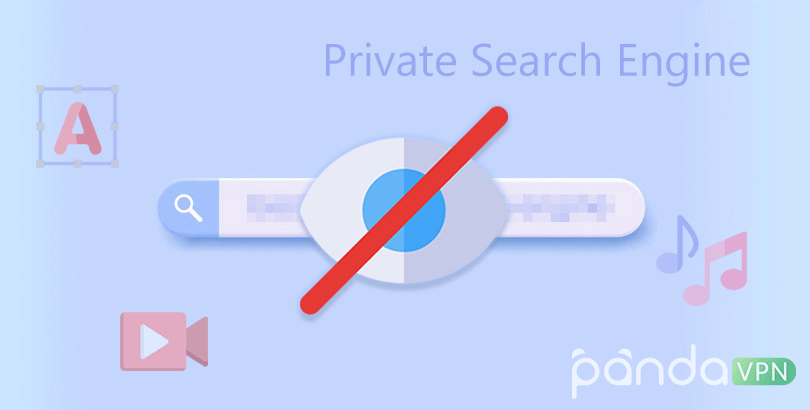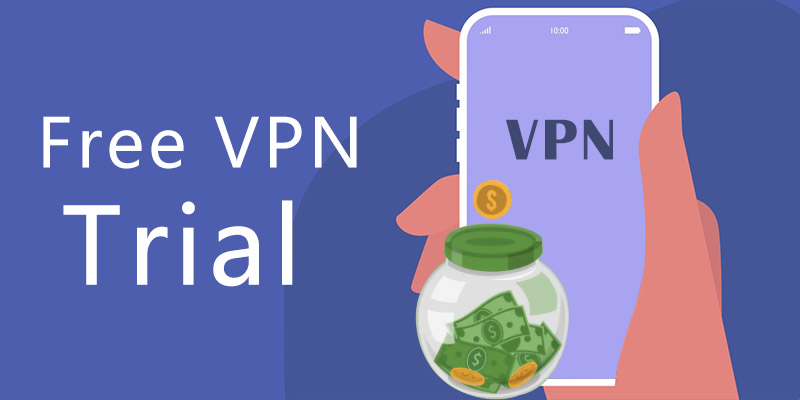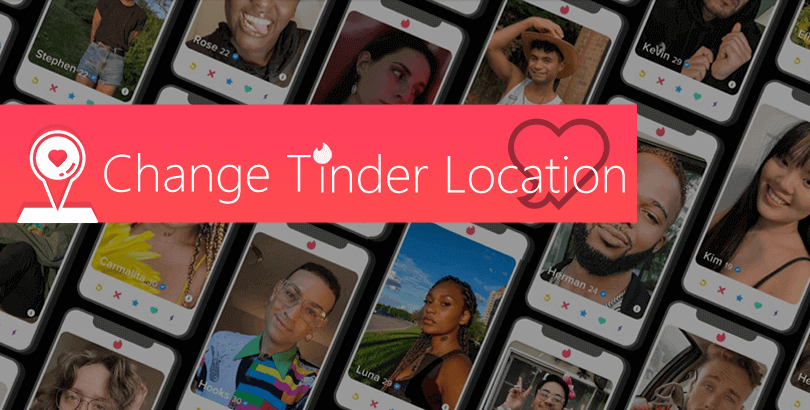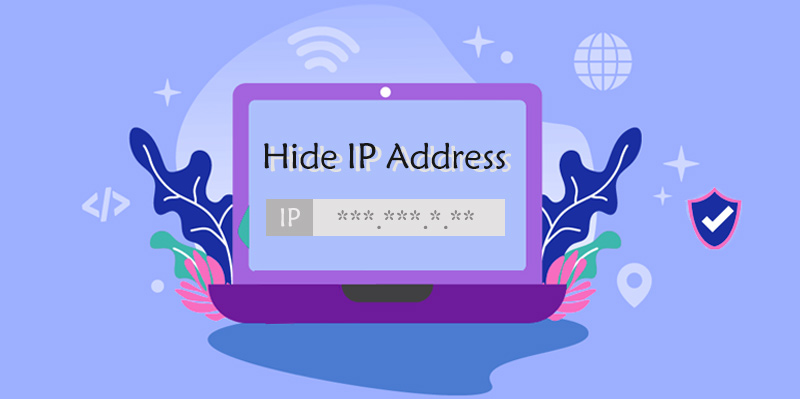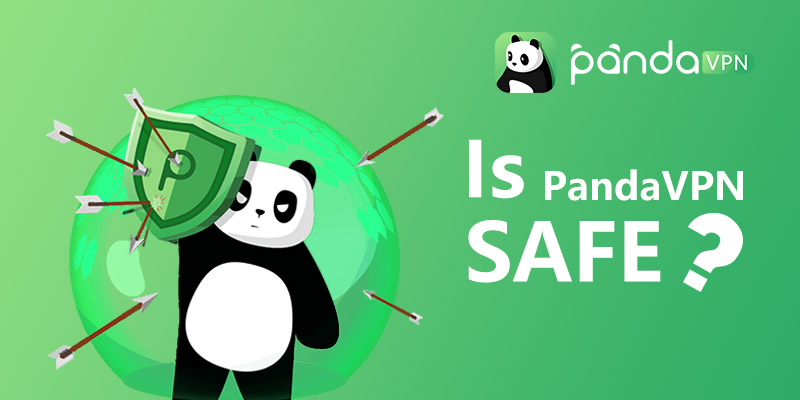Why More Americans Are Turning to Virtual Private Networks
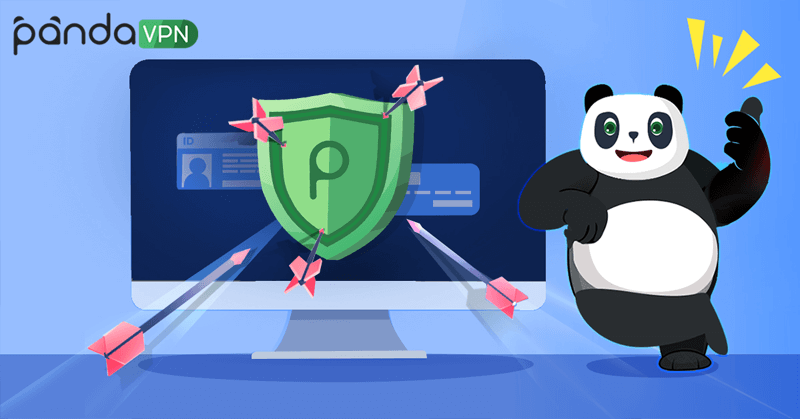
The Growing Popularity of VPNs in the United States: Why More Americans Are Turning to Virtual Private Networks
In recent years, Virtual Private Networks (VPNs) have become an essential tool for many internet users across the United States. While VPNs have always been popular among tech-savvy users and businesses, the increasing reliance on these services in the general population points to deeper shifts in how Americans approach online privacy, security, and access to content. But what exactly is fueling this surge in VPN usage?
Here are the key reasons behind the rise in VPN adoption among U.S. users.

Concerns Over Privacy and Data Security
In an age where data breaches and cyberattacks are frequent headlines, Americans are becoming increasingly conscious of the risks associated with online activity. VPNs provide a reliable solution by encrypting internet traffic and masking a user’s IP address, making it much more difficult for hackers, corporations, and even government entities to track online behavior. With data collection practices by companies and ad networks becoming more transparent, many users are seeking VPNs as a way to protect their personal information.
In fact, a 2023 study found that approximately 46% of U.S. internet users use a VPN, a notable increase in adoption. This growth is primarily driven by concerns over the safety of their personal data and the protection of their online activities from unauthorized surveillance.

The Need for Safe Remote Work Solutions
The COVID-19 pandemic transformed how many people work, with a substantial shift toward remote work and virtual collaboration. With this shift, the need for secure online communications and access to corporate networks skyrocketed. Businesses increasingly adopted VPNs as a way to provide secure remote access to employees and to safeguard sensitive business data.
VPN usage became a must-have tool for remote workers to ensure that their internet connections were safe, especially when working from potentially untrusted networks like public Wi-Fi. This change in work culture has had a lasting impact, as remote and hybrid work models remain prevalent.
Bypassing Geographical Content Restrictions
Another significant reason for the rise in VPN usage in the United States is the ability to access geographically restricted content. Streaming services like Netflix, Hulu, and YouTube often restrict certain content to specific regions due to licensing agreements. Many users, particularly those seeking to access content from abroad, use VPNs to bypass these geo-restrictions and enjoy their favorite movies, shows, or sports events, regardless of where they are located.
Additionally, VPNs allow U.S. users to access services or websites that might be unavailable in certain regions. For example, streaming platforms and other content providers may vary their offerings depending on the user’s location, so a VPN becomes a tool for unlocking broader access to global content.
Increasing Concerns About Surveillance and Censorship
As concerns about surveillance and censorship mount, especially in politically charged times, many Americans are turning to VPNs to preserve their anonymity online. Whether it’s for protecting their browsing activity from government surveillance or bypassing restrictions imposed by local internet service providers (ISPs), users are increasingly relying on VPNs to ensure their digital freedom.
The desire to remain anonymous while accessing sensitive information, especially for those who engage in activism, journalism, or other sensitive work, has made VPNs indispensable for maintaining privacy and freedom of expression in the digital age.
Avoiding Targeted Ads and Tracking
With targeted advertising on the rise, many internet users in the U.S. are seeking ways to avoid being tracked online. Advertisers and social media platforms collect vast amounts of data on users, tracking their browsing habits, preferences, and even physical location to deliver highly personalized ads. A VPN helps block tracking technologies like cookies and other data collection methods, reducing the amount of information that can be gathered about a user.
Many users have become disillusioned with the idea of being constantly monitored for commercial purposes, and VPNs are increasingly seen as an effective way to preserve a sense of privacy and reduce the invasive nature of online ads.
Increased Media Attention and Awareness
Media coverage of cyberattacks, privacy violations, and even political surveillance has led to a greater public awareness of VPNs and their benefits. News stories about companies facing massive data breaches, surveillance programs, or the tracking of personal data have contributed to the growing concern over digital privacy. As a result, many Americans are proactively seeking VPN services to protect themselves.
Additionally, influencers, technology blogs, and online reviews have played a key role in educating consumers about the importance of VPNs and how to use them effectively, further driving up their usage.
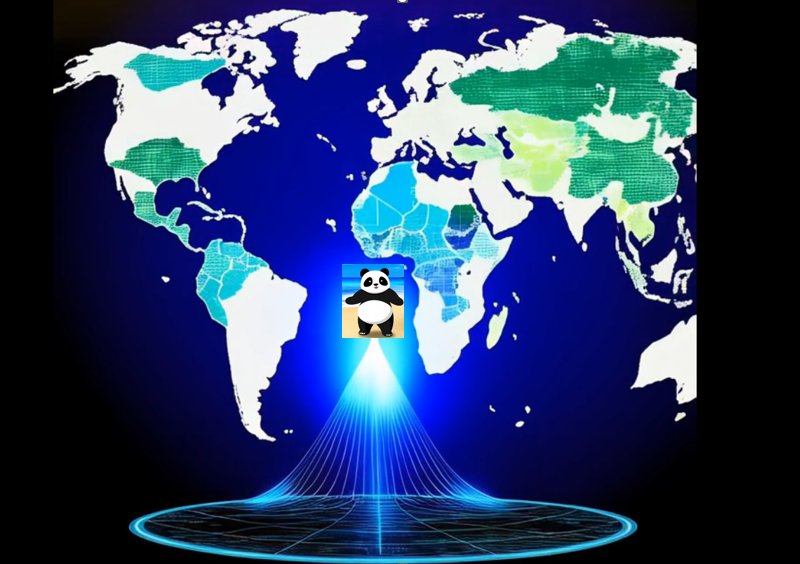
Government and Legal Developments
In recent years, U.S. states and federal agencies have introduced new regulations surrounding online privacy, digital rights, and cybersecurity. Many users are turning to VPNs to help them navigate the legal complexities surrounding internet access and to protect themselves from unwarranted surveillance. For instance, new age verification laws in some states have driven users to rely on VPNs to bypass restrictions on adult websites, sparking a noticeable surge in VPN demand.
Furthermore, while some laws are designed to protect citizens’ rights, many users still fear that excessive government surveillance could infringe upon their personal freedoms, which adds to the appeal of VPN services as a tool for maintaining online autonomy.
Conclusion
The rise of VPN usage in the United States is driven by several factors, ranging from the desire for increased privacy and security to the need for access to restricted content. As cyber threats evolve and concerns about online surveillance intensify, more and more Americans are turning to VPNs as a critical tool for protecting their digital lives. Whether for secure remote work, bypassing geo-restrictions, or simply maintaining online privacy, the popularity of VPN services is expected to continue to grow in the years to come.
As awareness of digital security increases, so does the demand for VPNs, making them a fundamental part of the modern internet experience for many U.S. users.
Try PandaVPN for Free PandaVPN

PandaVPN New iOS users have a 7-day VPN trial and need to pay for a subscription first. You can contact customer service to cancel the subscription at any time within 7 days, and the refund will be returned to your payment. account, canceling your subscription will not affect your PandaVPN trial.
PandaVPN supports over 3,000 servers (and counting) in 170 VPN server locations in 80 countries worldwide. This ensures no matter where you are, you can always find a high-bandwidth and low-latency server nearby. PandaVPN covers your actual IP address and makes you anonymous online.
 Sharon
Sharon  2025.02.19
2025.02.19 